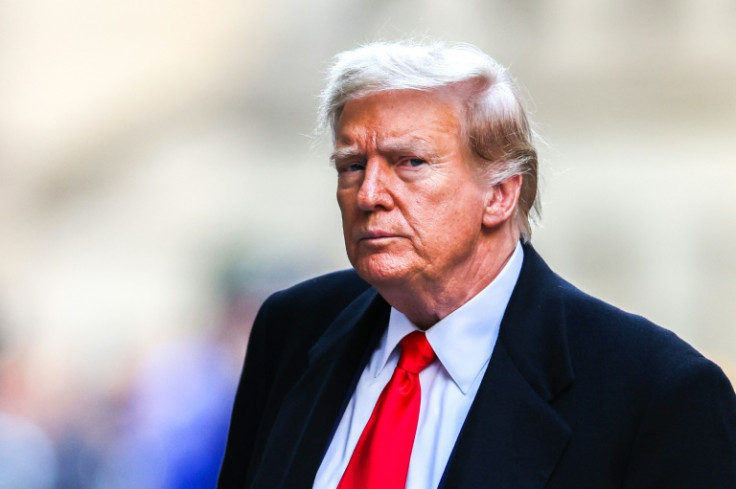
Former President Donald Trump faced dual setbacks on Thursday in his attempts to halt criminal cases against him.
Judges overseeing both the Georgia election interference case and the federal classified documents case denied bids by Trump, the presumptive 2024 GOP presidential nominee, to dismiss the charges.
In the Georgia election subversion case, Fulton County Superior Court Judge Scott McAfee said the defendants' First Amendment rights to protest the outcome of the 2020 presidential election did not shield them from prosecution by District Attorney Fani Willis's office.
Judge McAfee stated in his ruling: "Court finds these vital constitutional protections do not reach the actions and statements alleged by the State," effectively denying the motions.
Trump, along with his co-defendants, including his former attorneys Rudy Giuliani and John Eastman, made a strong argument that the prosecution by the district attorney violated their First Amendment rights. They contended that the charges leveled against them infringed upon protections of political speech, freedom of association, and the right to petition Congress.
However, McAfee refuted these claims, saying the defendants' expressions and speech were alleged to have been made in furtherance of criminal activity.
He concluded that these statements constituted false statements knowingly and willfully made within a government agency's jurisdiction, posing a threat of deception and harm to the government.
In the classified documents case in south Florida, District Judge Aileen Cannon rejected Trump's request to dismiss the case outright.
Trump had sought to dismiss the case, arguing that he possessed the authority to retain classified or sensitive documents upon leaving the White House.
While keeping the possibility open for Trump to use this argument in his defense during trial or other pre-trial proceedings, the judge, who was appointed by Trump, did not elaborate on her views regarding Trump's claims based on the Presidential Records Act.
However, she said Trump's attorneys had not met the legal standard required for the dismissal of charges.
Judge Cannon still has more than a dozen outstanding motions to address, which include several requests to dismiss the case.
In both the Georgia election interference case and the federal classified documents case, judges have deferred decisions on additional dismissal requests made by Trump.
While the outcome of these cases remains uncertain, there is a high possibility of jury trials. A third criminal prosecution against Trump, related to the 2016 campaign hush money case in New York, is also progressing towards a trial scheduled to start later this month.







